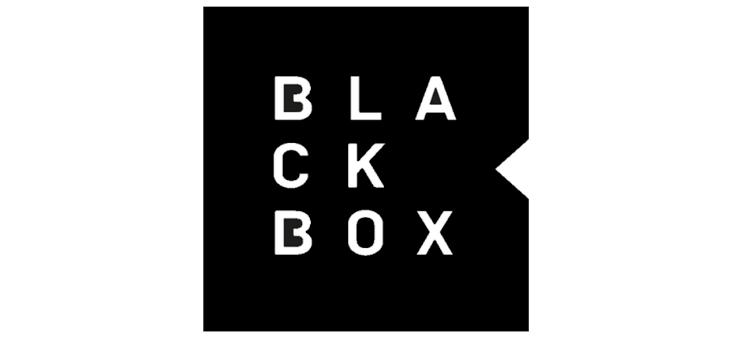ASIATODAY.IOD, SINGAPORE – As 2020 comes to an end, data content and decision science agency Blackbox Research examines the major shifts it observed throughout the year. Based on the evolving public perceptions and sentiments tracked across the Asia-Pacific region, Blackbox identifies 10 key trends that were fast-tracked by the pandemic and will define 2021 and beyond.
Commenting on the insights, David Black, Founder and Chief Executive Officer of Blackbox Research, highlights the growing need for people to take greater ownership and control of everything from consumption, work, and finance to health and governance.
“The data shows that there is a marked desire for a greater sense of agency in these difficult times. People have changed the way they look after their own health, approach personal finance, navigate workplace dynamics, or even relate to governments and institutions. This has accelerated a lot of the technology, innovation, and mindset changes that we were not expecting to converge until a few years from now.”
WHAT’S TO COME: THREE TRENDS TO NOTE IN 2021
Society: Public distrust in institutions will continue if they fail to act
The pandemic revealed the limitations of many respected institutions, from the World Health Organization (WHO) to national governments and Fortune 500 companies. Most notably, data from Blackbox Research shows that 31% of people felt that the WHO performed below expectations, and 36% expressed the same sentiment towards the United Nations.
The data also reveals that people valued essential workers and frontline officials who dealt with the pandemic up-close – suggesting that organisations can overcome the trust gap by walking the talk, breaking away from superficial messaging, and by taking swift, tangible action.
Work: “Work from home” will become “work from anywhere”
The lockdown has turned working from home from an occasional perk to a key business continuity mechanism – pushing businesses to redefine their notions of workspace, collaboration, and productivity. Data from Blackbox Research found that 9 in 10 workers are not rushing to resume office life, having fully adapted to working remotely.
Beyond discussions on the new Zoom economy and how future home design will give rise to workspace planning, the rise of flexible work arrangements will have wider repercussions. Indeed, employers now have the ability to hire well beyond the cities in which they operate, making remote locations much more attractive than big cities where talent, taxes, and real estate are infamously expensive.
Finance: The future of banking is not just digital, it’s “digital-only”
The pandemic has accelerated the rise of digital platforms for everything from financial advice to retirement planning – shaking up the advisory industry as a whole. Blackbox data reveals a 6% to 8% growth in the use of digital financial services platforms, suggesting that people may be hedging against future crises by taking more control over their finances.
In the next few years, financial advisors will need to step up their game by offering tailored, user-friendly, and automated digital services that make them stand out in the new world of online advice.
“The pandemic’s most enduring impact will be its role as catalyst and accelerant,” says David Black. “As this year comes to a close, there is a sense of hope and opportunity – however tenuous – that comes with the dawning of 2021. It is up to us to figure out how we can build ourselves back up to not only survive, but thrive, in the new normal.”
“In order to emerge from the crisis stronger and more resilient, everyone – citizens, communities, businesses, and governments – needs to understand and anticipate the new dynamics that the pandemic has set in motion. We will explore this and other topics in our January webinar, which will cover what is to come for 2021 and how we can be prepared.” (AT Network)



Discussion about this post